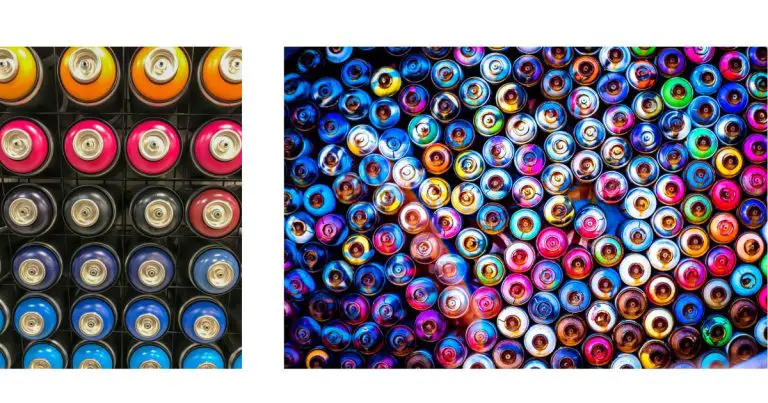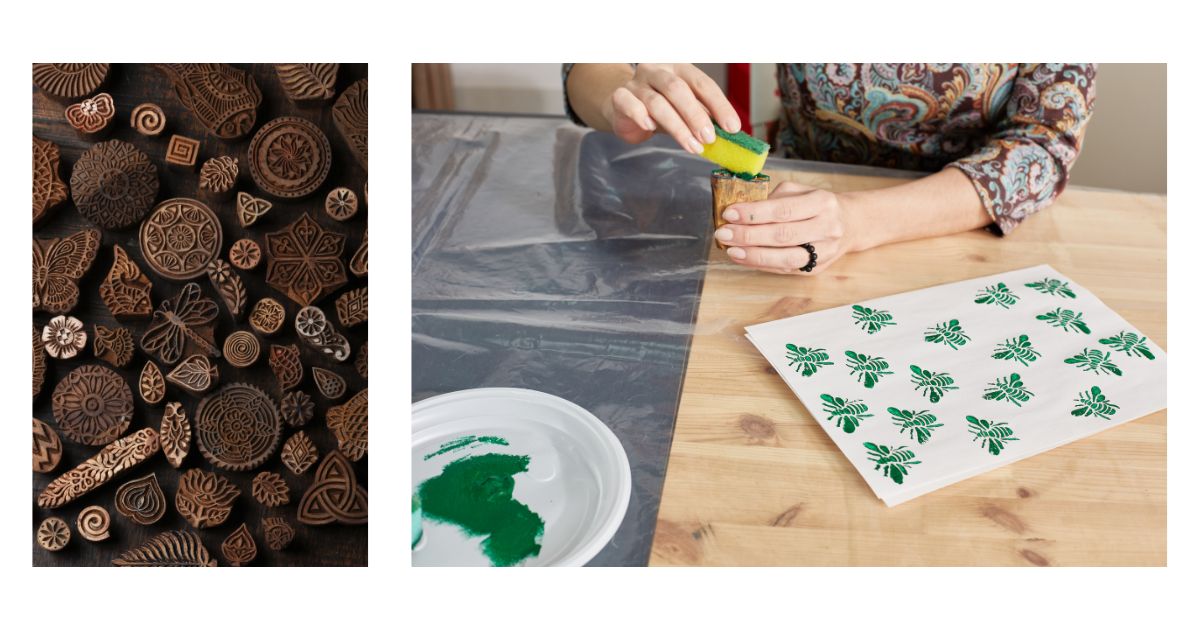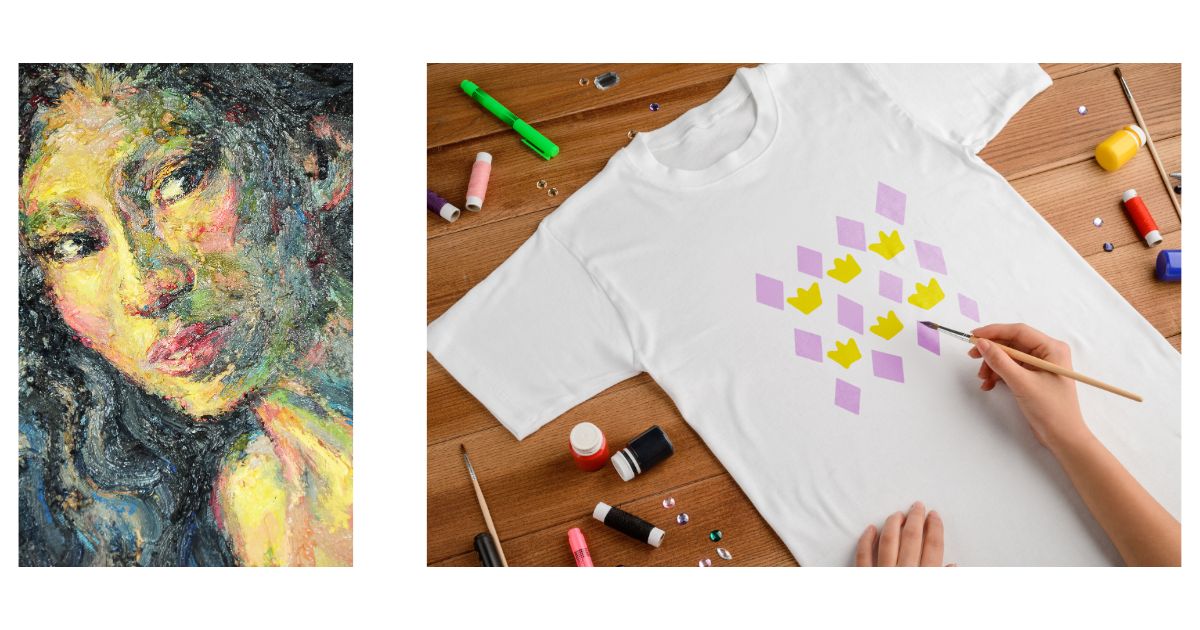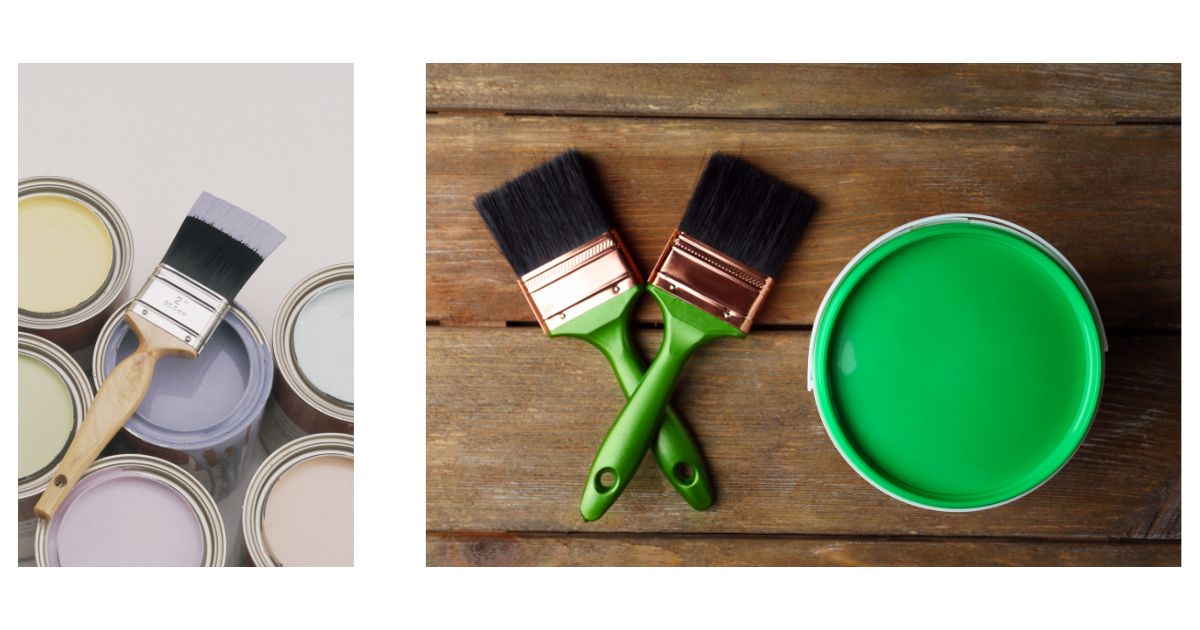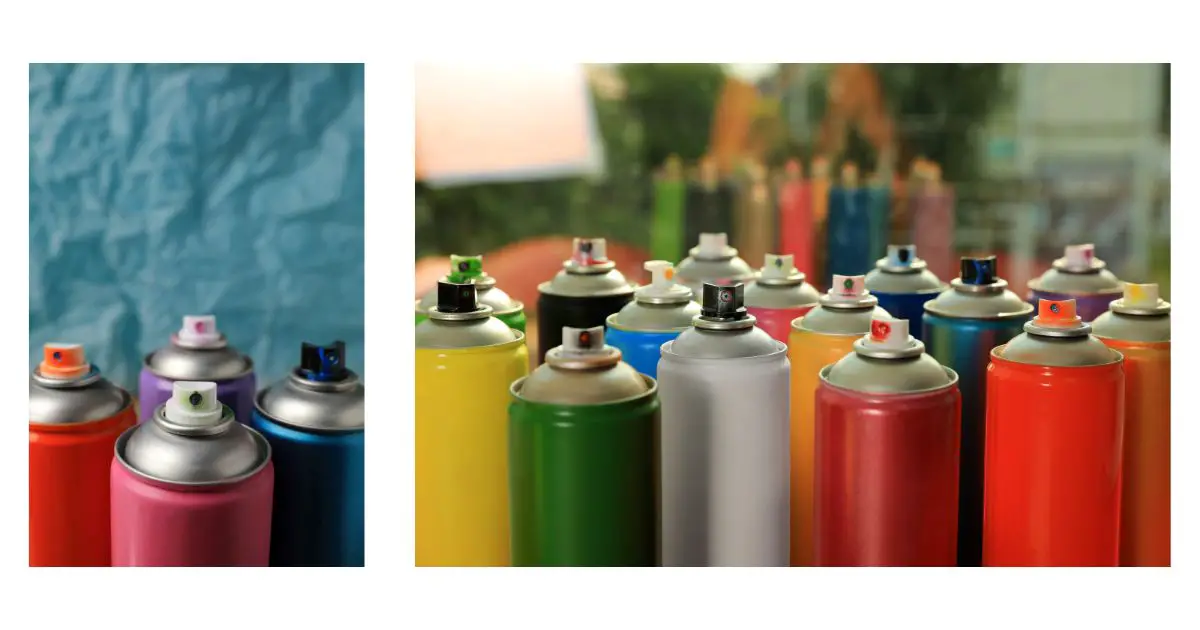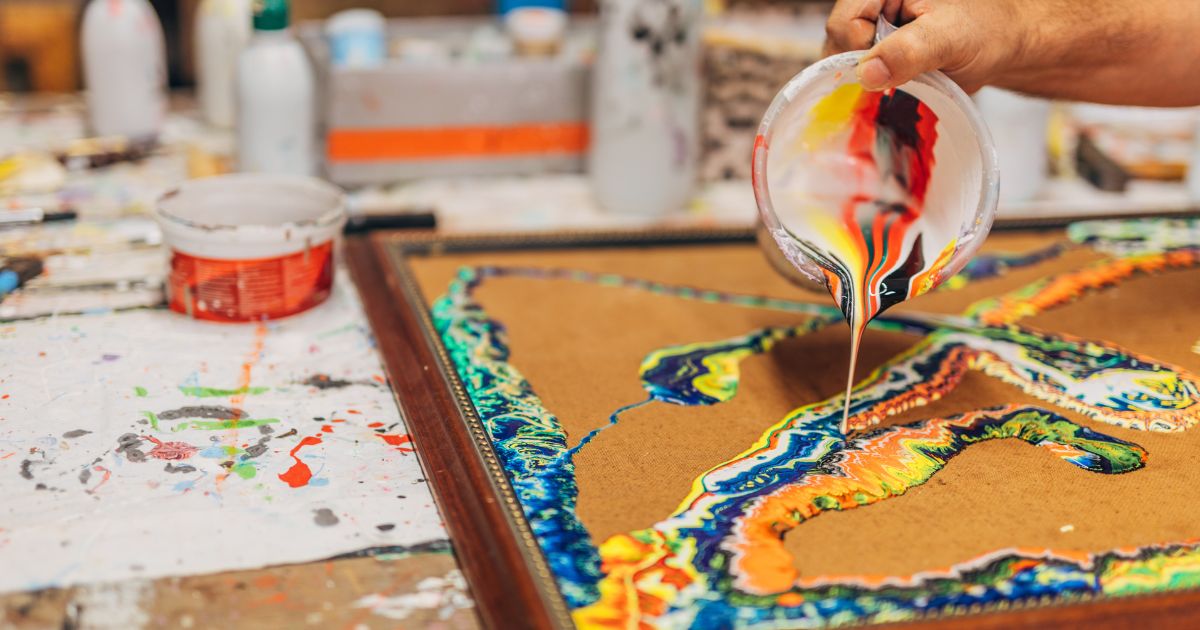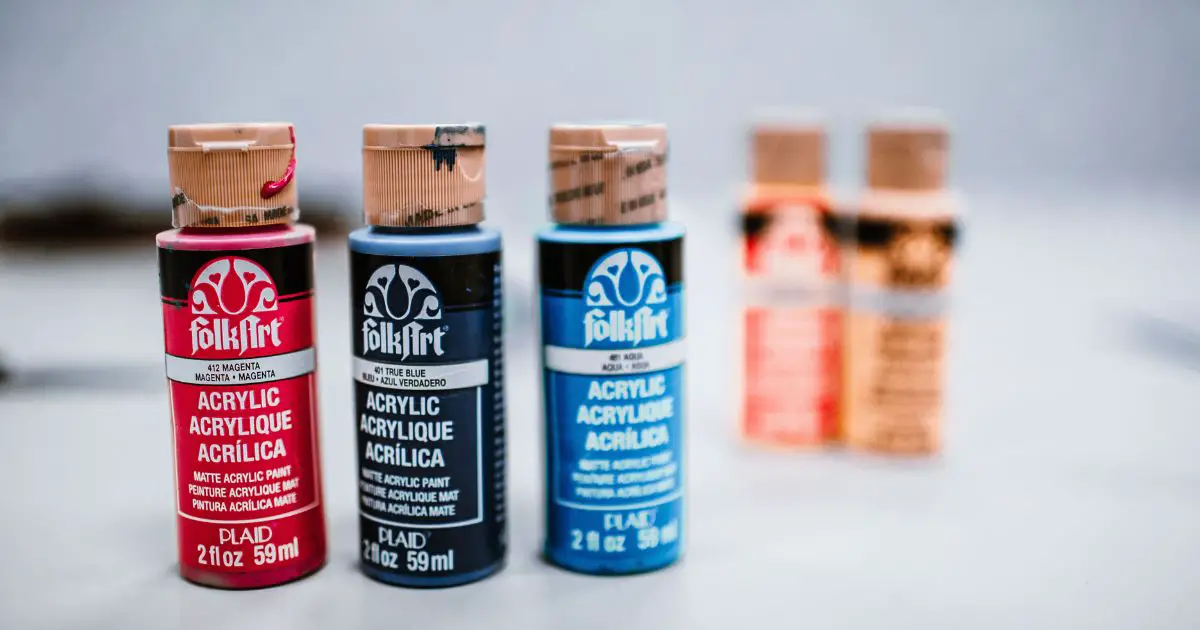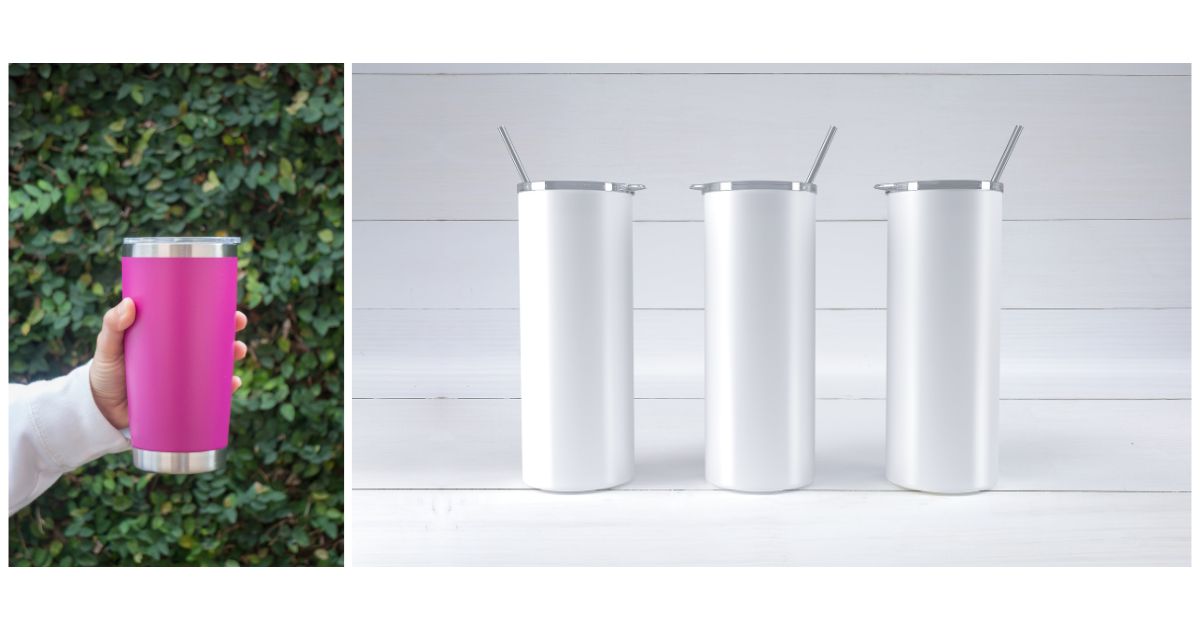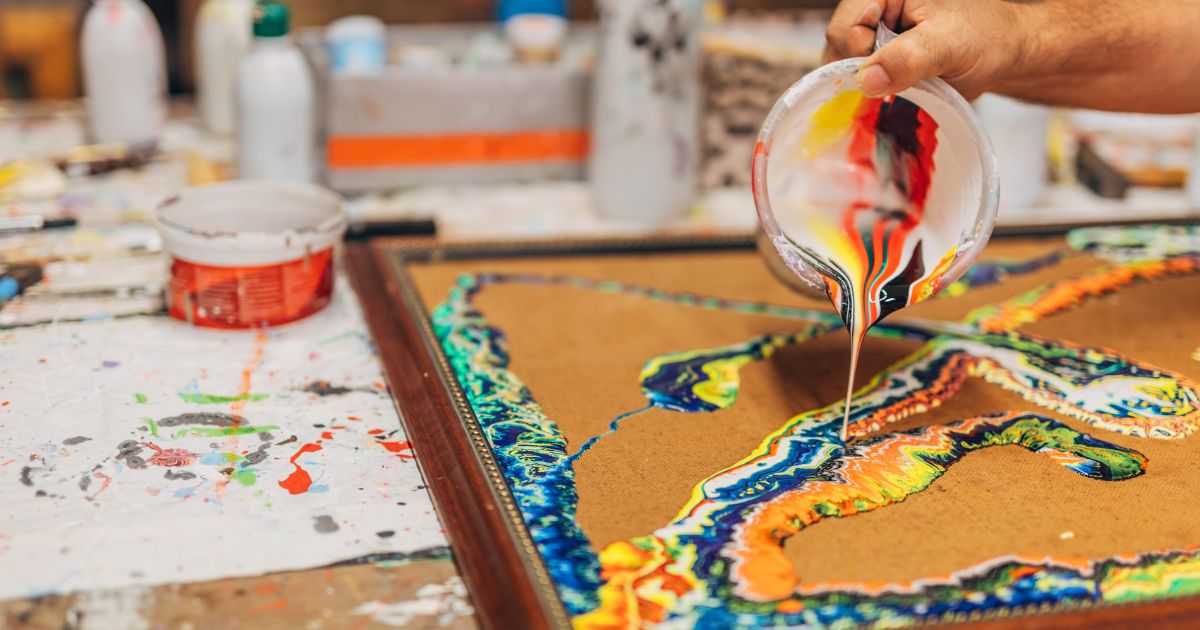Rack spray painting is a process that can be used to apply a consistent and even coat of paint to an object. The first step is to set up the racks that will support the object being painted. Next, the object is placed on the rack and secured in place.
Once the object is secure, it is time to start spraying the paint onto the surface. It is important to move the spray can evenly across the surface of the object so that a uniform coat of paint is applied. After the desired amount of paint has been applied, it is then time to allow the paint to dry before moving on to the next step in the project.
How to rack spray paint from an original graffiti writer, Soon (pt.8)
- Find a well-ventilated area to work in and lay down a drop cloth or newspaper to catch any overspray
- Place your object on the drop cloth and shake the can of paint for one minute to mix the contents
- Hold the can 6-8 inches from the surface of your object and begin spraying with smooth, even strokes
- Overlap each stroke by 50% to ensure even coverage
- Continue until the entire surface is covered, then allow the paint to dry for 30 minutes before moving on to the next step
- Once the paint is dry, apply a second coat if desired for increased opacity or coverage
How to Rack Paint
Are you looking to rack paint? Racking paint is a process of pouring paint into a container so that it can be transported without spillage. Here are a few tips on how to rack paint:
- Pour the paint into a clean bucket. Make sure that the bucket is large enough to hold all of the paint you will be transporting.
- Place the bucket on a stable surface. You don’t want the bucket tipping over and spilling all of the contents!
- Use a funnel to pour the paint into smaller containers, such as jars or bottles. This will make it easier to transport without spillage.
- Label each container with the type of paint inside and the date it was poured. This will come in handy later when you’re trying to find a specific color!
Spray Paint Theft
It’s no secret that spray paint is expensive. A can of high-quality paint can cost upwards of $8, and when you factor in the cost of primers, thinners, and other materials, the price can quickly add up. For many graffiti artists, this expense is simply too much to justify, which is why they often turn to theft to get their hands on the supplies they need.
While stealing spray paint may seem like a victimless crime, it can actually have a serious impact on businesses and property owners. When someone steals spray paint from a store or business, they not only deprive that business of revenue but also cause damage that will need to be repaired. In some cases, such as when graffiti is sprayed on public property or historical landmarks, the damage caused by theft can be irreversible.
If you’re a graffiti artist who relies on stolen spray paint to create your art, consider the impact your actions are having on others. There are plenty of ways to get your hands on affordable supplies without resorting to theft. And if you’re caught stealing spray paint, you could end up facing serious legal consequences.
Stealing Spray Paint from Home Depot
Stealing Spray Paint from Home Depot It’s no secret that Home Depot is one of the go-to places for all your home improvement needs – including paint. But what happens when you can’t afford to buy paint at full price?
For some people, the answer is simple: they steal it. Of course, stealing is never a good idea, but desperate times call for desperate measures. And when it comes to spray paint, it’s surprisingly easy to get away with taking it from Home Depot without getting caught.
All you need is a backpack and a willingness to take a risk. Here’s how it works: head to the paint aisle and find the color of spray paint you want. Then, simply place the can in your backpack and walk out of the store like you own the place.
Chances are, security won’t even give you a second glance. Of course, this isn’t an advisable way to get your hands on spray paint – after all, it is technically stealing. But if you’re in a bind and need some paint fast, it’s definitely worth considering.
Just be sure to use caution and don’t get caught!
Racking Paint Meaning
Racking paint is a painting technique that involves applying paint to a surface using a racking motion. This technique can be used to create interesting effects and texture in your paintings. When racking paint, you will need to start with a clean surface.
Make sure that there is no dust or dirt on the surface before you begin painting. Once the surface is clean, you can begin applying the paint. To rack paint, you will need to load your brush with paint and then apply it to the surface in a sweeping motion.
You can use long strokes or short strokes, depending on the effect you are trying to achieve. Experiment with different techniques and see what works best for you. Racking paint is a great way to add texture and interest to your paintings.
Try out this technique next time you are working on a project!
Racking Graffiti
Racking is a form of graffiti where the artist uses a rack to create their piece. This type of graffiti is often seen on trains and other public transportation. Racking allows the artist to create a large, detailed image that can be seen from far away.
There are many different techniques that can be used when racking. The most common technique is to use two colors, one for the outline of the image and one for the fill. This creates a contrast that makes the image stand out.
Other techniques include using three colors or more, making gradients, or using different line weights. Racking is a great way to get your work seen by a lot of people. It’s also a great way to practice your graffiti skills.
If you’re interested in learning how to rack, there are plenty of tutorials online that can teach you everything you need to know.

Credit: www.amazon.com
What is the Best Way to Store Spray Paint?
Spray paint is best stored in a cool, dry place. It should be stored in its original container, and the lid should be tightly sealed. If you are storing it for long periods of time, you may want to consider placing it in a plastic bag to prevent leaking.
How Do You Make a Spray Paint Rack?
Assuming you want to make a rack to store and organize your spray paint cans, here are some easy steps:
- Get a piece of plywood or another sturdy material cut to the size you need. You can also use an old cabinet door or something similar.
- Cut out small rectangles from the plywood – these will be where the cans will sit. Make sure the rectangles are big enough so that the cans don’t tip over when they’re in them.
- If you want, sand down the edges of the plywood and paint or stain it before proceeding to step 4. This is purely for aesthetics and is not necessary.
- Nail or screw the pieces of wood onto the wall, making sure they’re level with each other. Again, this is more for looks than function, but it’s up to you how you want to do it.
- Put your spray paint cans in their new home and admire your handiwork!
What is Racking in Graffiti?
Racking is the process of sourcing and collecting spray paint cans. This can be done by going through rubbish bins, looking for discarded cans in public places, or contacting local businesses that may have unused stock. Once a collection of paint has been amassed, it needs to be sorted into usable and non-usable types.
The most important factor in this decision is the pressure within the can as this will determine how well the paint flows. Non-usable cans are those with very low pressure or those which are old and likely to contain dried-up paint. Usable cans are ones that still have good pressure and contain fresh paint.
The next step is to identify each type of can by its brand and color code. This information can be used to create a ‘caps’ sheet which categorizes each can according to these two factors. The final stage of racking is to store the collected paint safely so that it doesn’t become damaged or lost.
This usually means keeping it in a locked cupboard or box out of reach of children and animals. Racking is an important part of graffiti culture as it ensures that writers always have a good supply of quality spray paints on hand. It can be a time-consuming process but it’s worth it for the sake of being able to produce great pieces!
How Do I Organize My Spray Cans in My Garage?
It’s no secret that garages can be messy places. But there are ways to keep your garage organized, even if it means getting creative with your storage. One way to do this is to organize your spray cans by type.
For example, you could store all of your cleaning products in one area and all of your automotive products in another. This will make it easier to find what you need when you need it. Another way to organize your spray cans is by using a pegboard.
Pegboards are great for organizing small items like spray cans because they allow you to see everything at a glance. Plus, you can easily add or remove items as needed. Just be sure to use pegs that are strong enough to hold the weight of the cans.
Finally, consider labeling your spray cans so you know exactly what’s inside each one. This can be helpful if you have multiple types of products stored in your garage. Label each shelf or bin with the contents so you can easily grab the right can when you need it.
With these tips, you can get your garage organized in no time – and keep it that way!
Conclusion
Spray painting is a great way to add color and life to any project. But, if you’ve never done it before, the process can seem a bit daunting. Here’s a quick guide on how to rack spray paint like a pro:
- Choose your paint. There are tons of different types of spray paint out there, so take some time to find the right one for your project. Consider the type of surface you’ll be painting, the desired finish, and any special requirements (like rust-proofing).
- Prepare your workspace. Make sure you have plenty of ventilation and cover any surfaces that you don’t want to be painted. It’s also a good idea to wear gloves and protective eyewear.
- Shake the can well before use. This will help ensure an even application of paint.
- Test the paint on a scrap piece of paper or cardboard before starting your project. This will help you get a feel for how the paint flows from the can and allows you to make any necessary adjustments (like thinning the paint if it’s too thick).
- Start spraying! Hold the can about 10-12 inches away from the surface and move in smooth, even strokes as you apply the paint.

